The boy’s family watched as he lay bleeding and alone in a field, the sharp crack of bullets piercing the air.
“The sniper kept on firing,” Mohamed Abyad, the uncle of the child also named Mohamed, told NBC News.
“He wouldn’t let them get near him for five minutes,” the farmer said via telephone of the incident that saw the family caught up in fighting between the Saudi-led coalition and the Iran-backed Houthis rebels in the country’s devastating civil war.
When the firing finally subsided, Abyad said Mohamed’s brothers rushed him to a nearby field hospital but it was too late — he died on the way.
Mohamed was only 10 when a suspected Houthi sniper killed him.
That was in October — the deadliest month for Yemeni children and their families so far this year, according to Save the Children. In two fighting hot spots in the war-ravaged country, child casualties increased by 55 percent compared to this year’s monthly average,according to the Loneon-based humanitarian group.
The spike was reported ahead of this weekend’s virtual summit of G-20 leaders hosted by neighboring Saudi Arabia, which entered Yemen’s war on the side of the internationally recognized government in 2015 after Houthi rebels took control of the capital, Sanaa, just months before.
The Houthis are now the de facto authority in northern Yemen, and Riyadh has long feared they could establish an Iranian presence along the Saudi border.
Abyad said it was a Houthi sniper who killed Mohamed. But NBC News was not able to verify this or other details of his story. Yemen is extremely difficult to operate in as a journalist and NBC News conducted the interview by phone.
Abyad said snipers had been positioned in the mountains around his family home that is situated in a valley in Dali province for the past 20 months. The opposing sides are each less than a mile away from his village, which is caught between the two, he said.
The villagers, who move around on donkeys and by foot, have always been targeted but lately a sniper has developed greater precision, he said. In the space of a year, three people have been killed and another child was shot and wounded just five months ago, he said.
“They don’t distinguish between young or old, man or woman,” he said. “They just shoot.”
Oil-rich Saudi Arabia has courted criticism for presiding over the Group of 20 countries this year in spite of the killing of journalist Jamal Khashoggi by Saudi operatives, its crackdown on human rights activists and its war in Yemen. The civil war, now rumbling into its seventh year, has killed over 112,000 people and set off the world’s worst humanitarian crisis.
Download the NBC News app for breaking news and politics
Rights groups have called on leaders to boycott the meetings, and the mayors of New York City and London, for example, refused to participate in a G-20 related meeting on urban development, citing the kingdom’s human rights record, according to The Associated Press.
Xavier Joubert, Save the Children’s country director in Yemen, did not call on leaders to boycott proceedings but said they should call on parties to the Yemen conflict to return to the negotiating table and for G-20 members to “immediately stop” selling weapons to the coalition led by Saudi Arabia and the United Arab Emirates.
“These arms sales fuel this devastating war that continues to kill and maim children across Yemen,” he said in a statement earlier this week.
Last month, 228 civilian casualties were recorded across the country — the highest monthly count in just over a year, according to the group. Children are among the hardest hit, it added, accounting for a quarter of the conflict-related casualties recorded this year.
The Houthi rebels have also been accused of recruiting child soldiers to fight on the front lines of the conflict.
Meanwhile, the number of child casualties caused by airstrikes has increased fivefold since June compared to the previous three months, according to Save The Children. And as the Yemeni war continues, the chance for respite for Yemeni children feels remote.
The humanitarian crisis remains the worst in the world, with 2 million children suffering from acute malnourishment and more than 368,000 under the age of 5 in urgent need of lifesaving food, according to the U.N.’s children’s agency.
An estimated 80 percent of the population is reliant on aid, according to the International Committee of the Red Cross, and millions are forced to choose between food and medicine.
Human Rights Watch has said G-20 countries should advocate for Saudi Arabia to, among other measures, allow a U.N. human rights monitoring group access to the kingdom, including to the Saudi-led coalition’s Riyadh headquarters and the defense ministry.
“G-20 countries can make a difference and play a significant role in convincing Saudi Arabia to halt its human rights abuses,” Michael Page, deputy Middle East director at the New York-based rights group, said in a statement earlier this month.
Charlene Gubash reported from Cairo. Saphora Smith from London.
The Associated Press and Reuters contributed to this report.

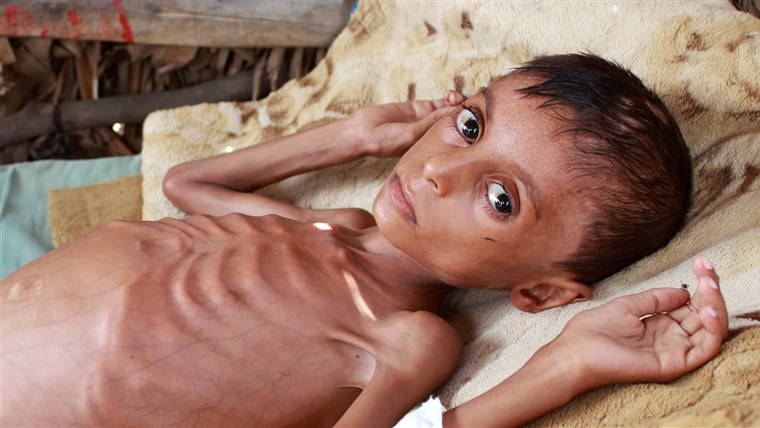


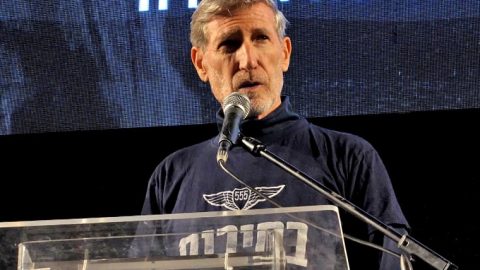
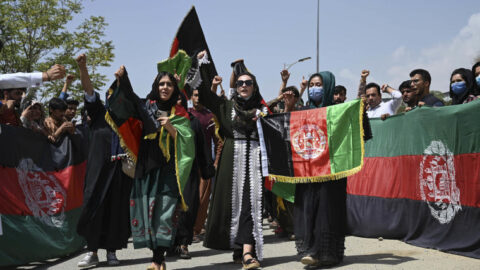
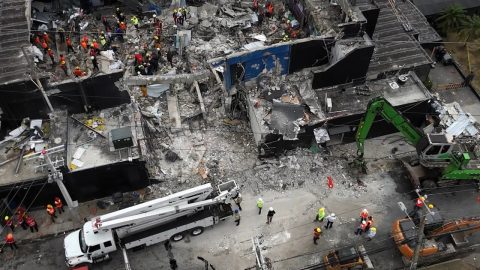
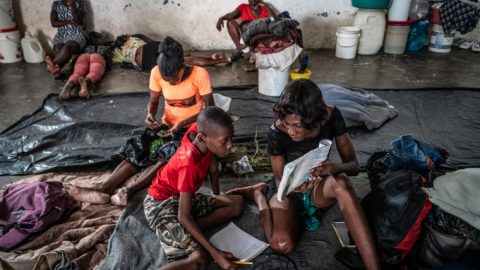

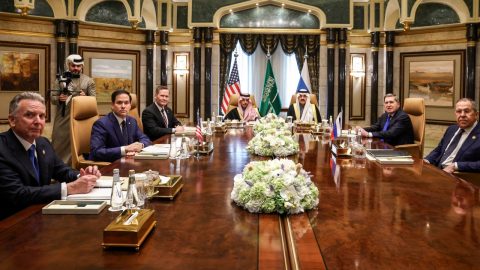
Recent Comments